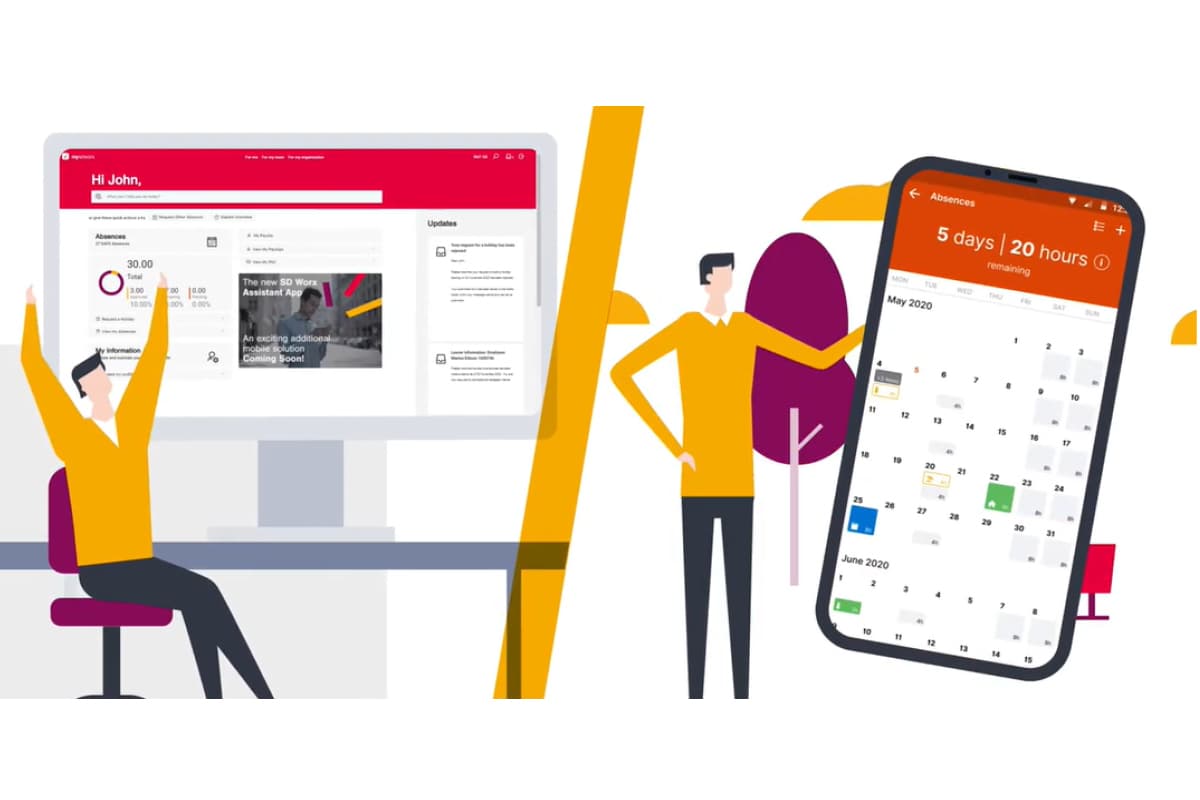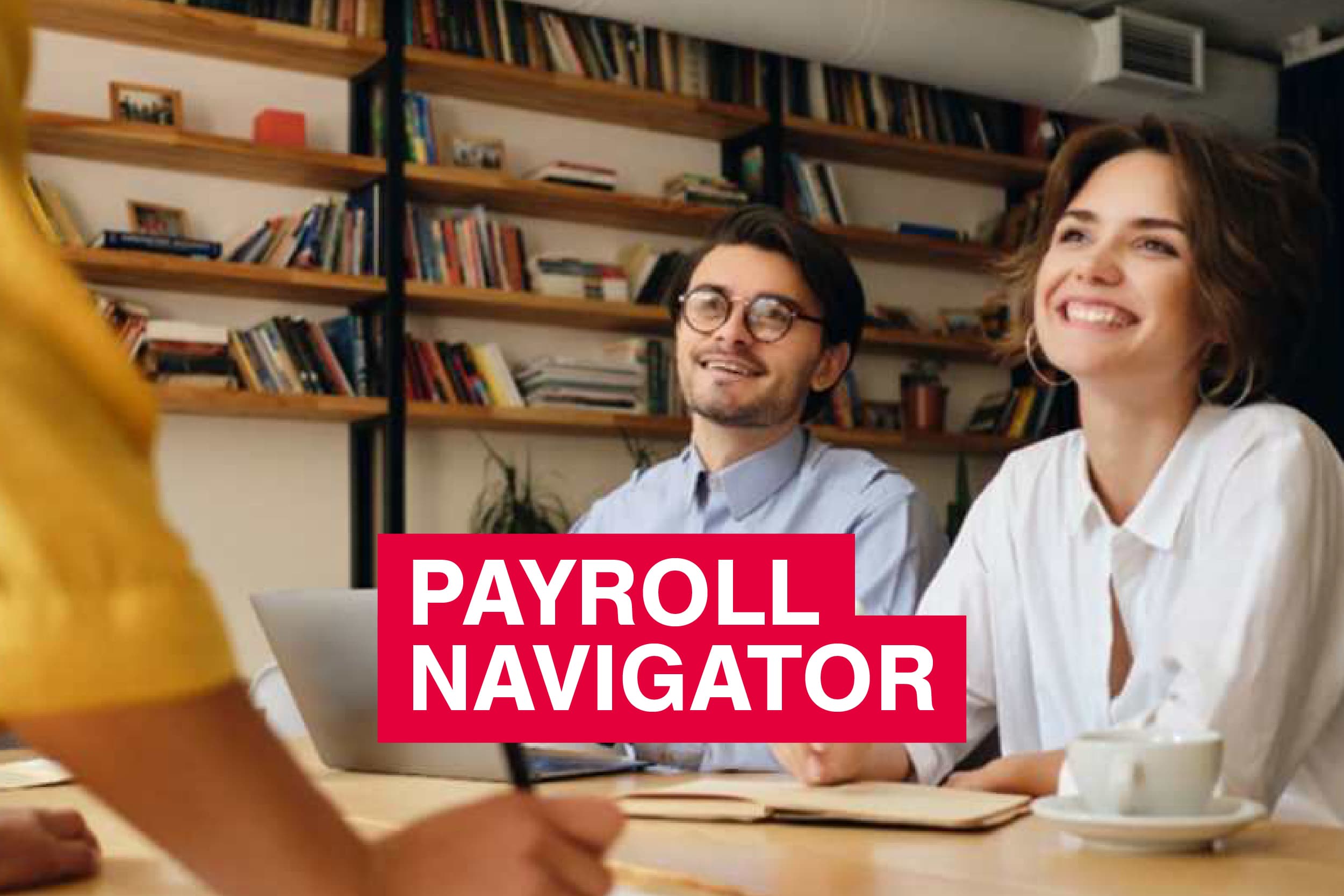
Everything you need to know about moving to Managed Payroll
Payroll UK Payroll Processing Guide for Tax Year 2023-2024: Key Changes and DatesLegislation & Compliance
UK Payroll Processing Guide for Tax Year 2023-2024: Key Changes and DatesLegislation & Compliance Your guide to integrated Payroll and HR software systemsPayroll
Your guide to integrated Payroll and HR software systemsPayroll How can AI help with payroll, now and in the future?The Payroll Navigator 2024
How can AI help with payroll, now and in the future?The Payroll Navigator 2024
Why Payroll should embrace disruptive technology
The words Payroll and Change don’t always sit together comfortably. In fact, for most people, terms like Safe, Risk-averse, Traditional, or Stable fit better with Payroll. This is correct as Payroll isn’t something to mess around with is it? Payroll exists to pay employees accruately & on time. This is why payroll can feel left behind in the race for technology & change.

Pick n Mix - How to reward your employees! Part 2
In part 1 we discuss the debate over whether reward should be based on employee performance or driven by wider market or a combination of the two. Now lets cover the advantages and disadvantages of a market lead approach and if an organisation can have a hybrid of the two.

Pick n Mix - How to reward your employees! Part 1
A debate over whether reward should be based on employee performance or driven by wider market or a combination of the two.

Does a rigid payroll cycle meet the needs of a flexible workforce in promoting Financial Wellbeing
In a world of ever evolving technical advancement, it could be said that payroll has been somewhat slow in adopting the on-demand needs of the increasingly tech-savvy workforce.

How to get more done in 12 weeks than in a whole year
Have you ever felt that you and your team could achieve more, be more productive and efficient at work, but every time you started, you get caught up in the detail and lose that laser-sharp focus? Even from a personal perspective, you want to explore a new health-kick, but life just keeps getting in the way? Well this blog for you...

4 ways to practice healthier habits around the office
Most Human Resources departments work to maximise the bottom line of organisations, many HR professionals tackle this objective by focusing primarily on corporate health and wellness. The thinking here is fairly simple – if you can build a healthier workforce, they’re likely to be more productive each day, which ultimately translates to a more profitable business.

SD Worx European Conference: Driving Collaboration in the HR and Payroll Industry
On 6th February at Hilton Park Lane in London, we joined HR and payroll professionals from across the globe for the SD Worx European Conference 2018. With the "Future of Collaboration: HR leading the way" theme, this one-of-a-kind event played host to industry-leading experts, practitioners and organisations.

Top 10 benefits of working from home
“Improved productivity” heads the list of the top ten benefits of working from home according to a recent survey by SD Worx UK & Ireland, one of the largest payroll providers in Europe.

How DuPont makes GDPR a natural behaviour
If you want to learn best practice in handling data in light of the General Data Protection Regulations (GDPR), you can do no better than to look at DuPont. Now part of science giant DowDuPont following a merger last year, data is part of the DNA of the organisation and it has a long history of embedding data protection into its culture.

Time, technology and talent: what five generations want from today’s workplace
Millennials: entitled, lazy job hoppers. Gen X: cynical and poor team players. Baby Boomers: out of touch, independent, money-driven workaholics. And what about the iGen: those house-bound, tech-obsessed kids who were born with a smartphone in their hand?

How to prepare for GDPR: the clock is ticking!
With just three months to go until the General Data Protection Regulation (GDPR) comes into force, the clock is ticking for HR and payroll managers to get the systems and processes in place to ensure compliance. The regulation, coming into effect on 25 May 2018, updates data rights for today’s networked world, and organisations ignore it at their peril.

Paternity tips for dads to be
Sitting at my computer at the start of the work day on February 6th was simultaneously the most disappointing and demotivating start to a work day I have ever had - which probably says a lot. I was missing out on one of the biggest events in HR and Payroll, and my wife and I were 6 days overdue. I was missing one party, and our baby was late for the other!